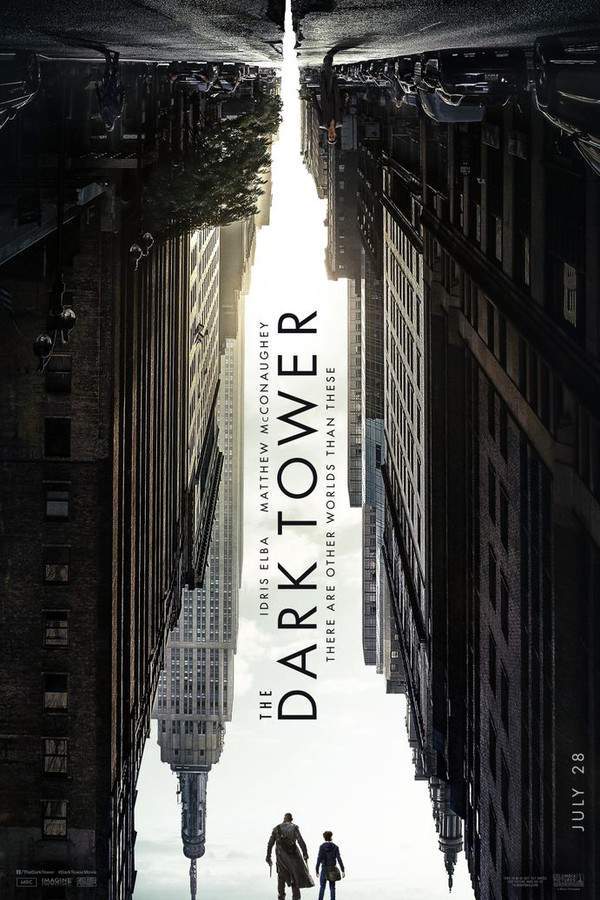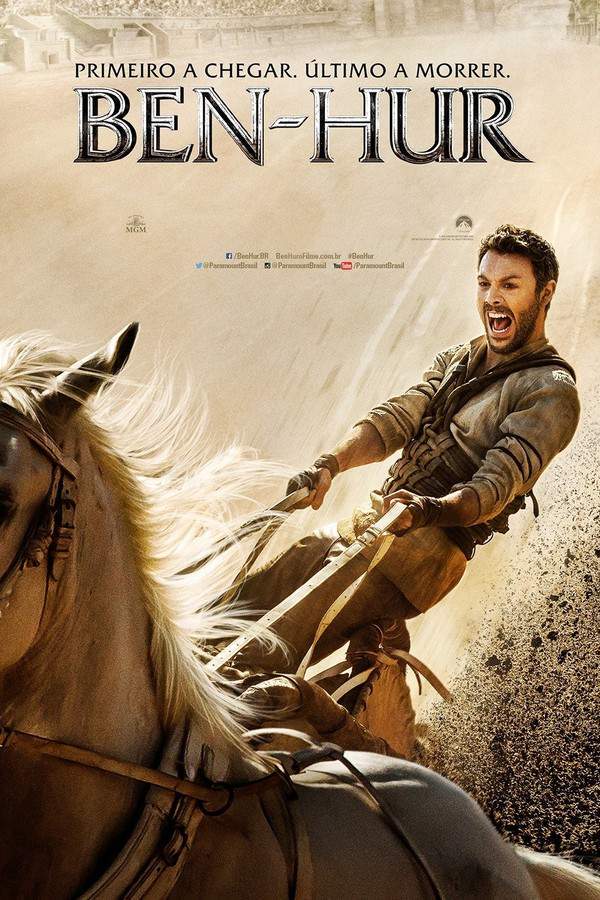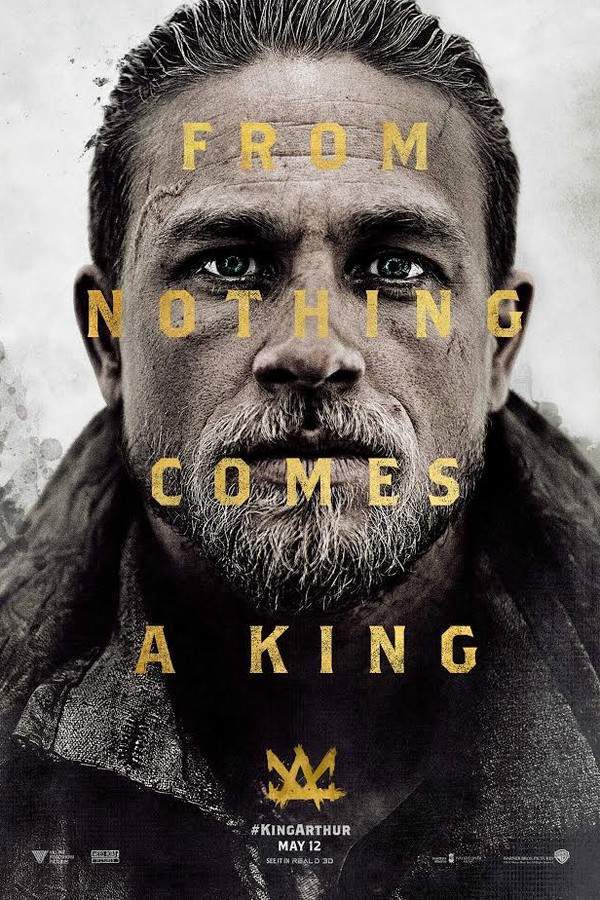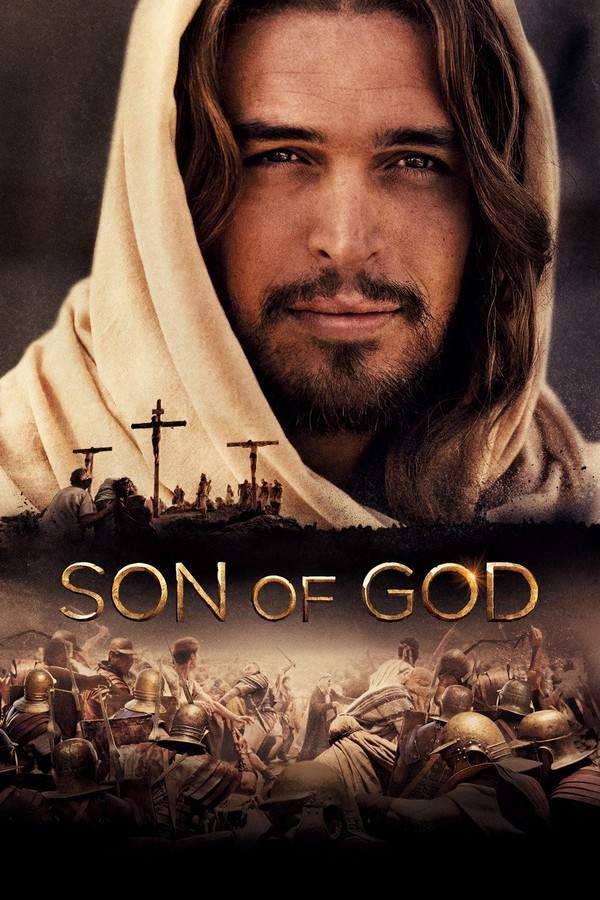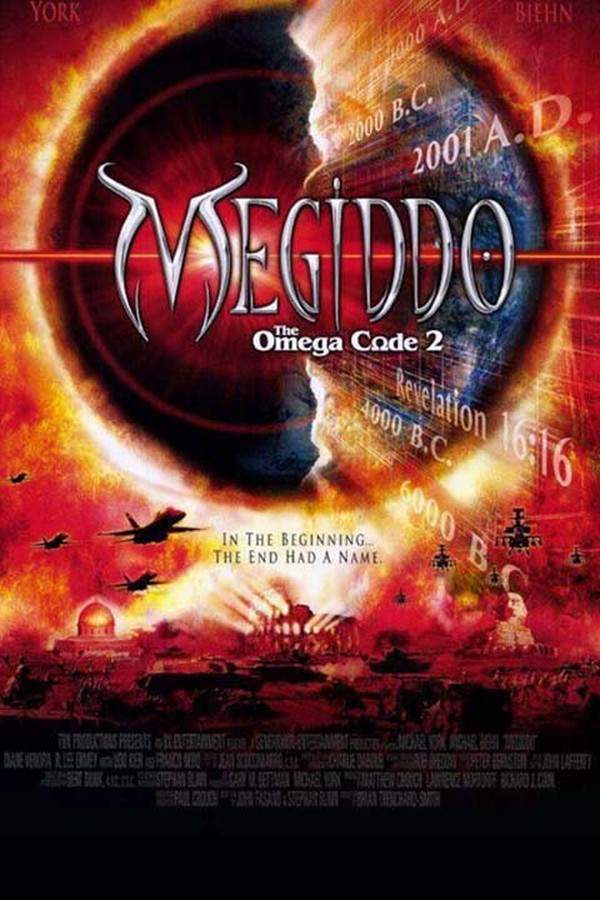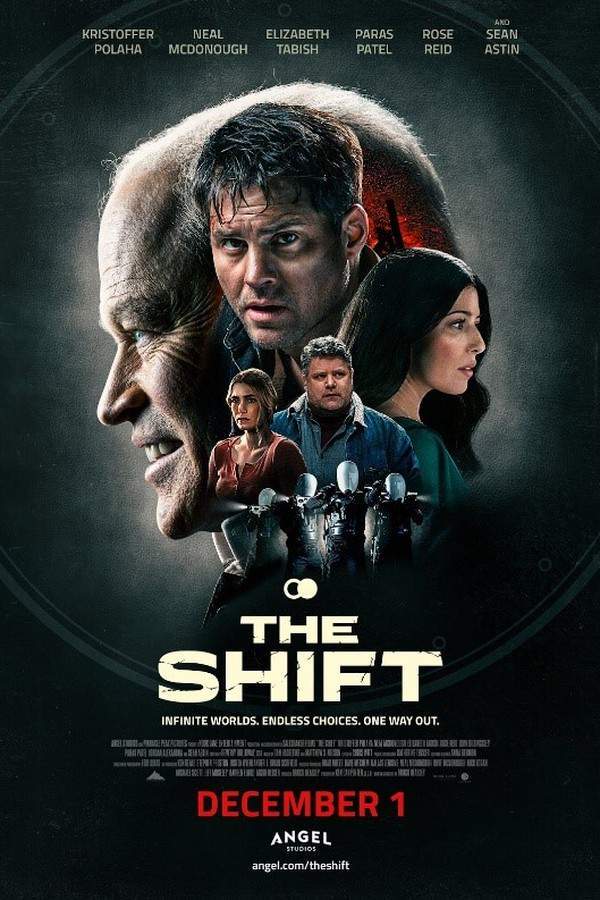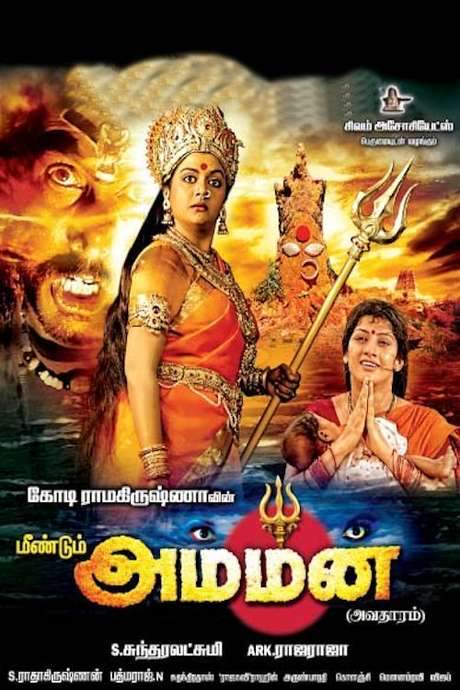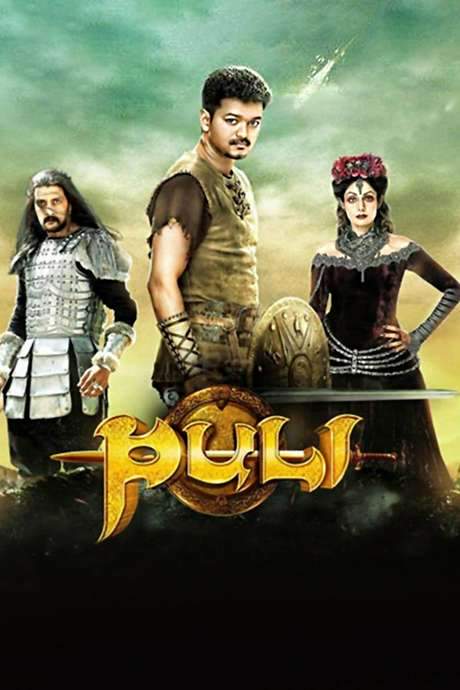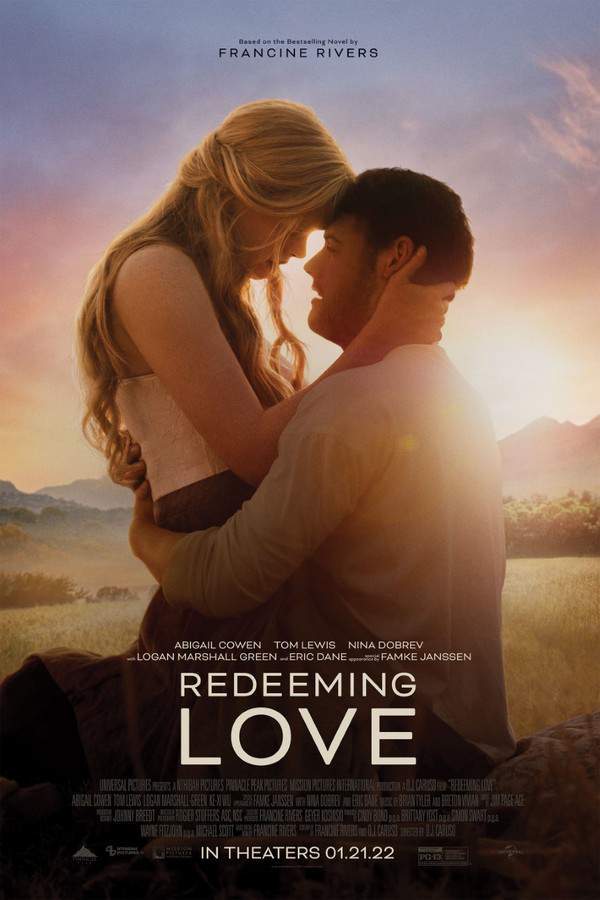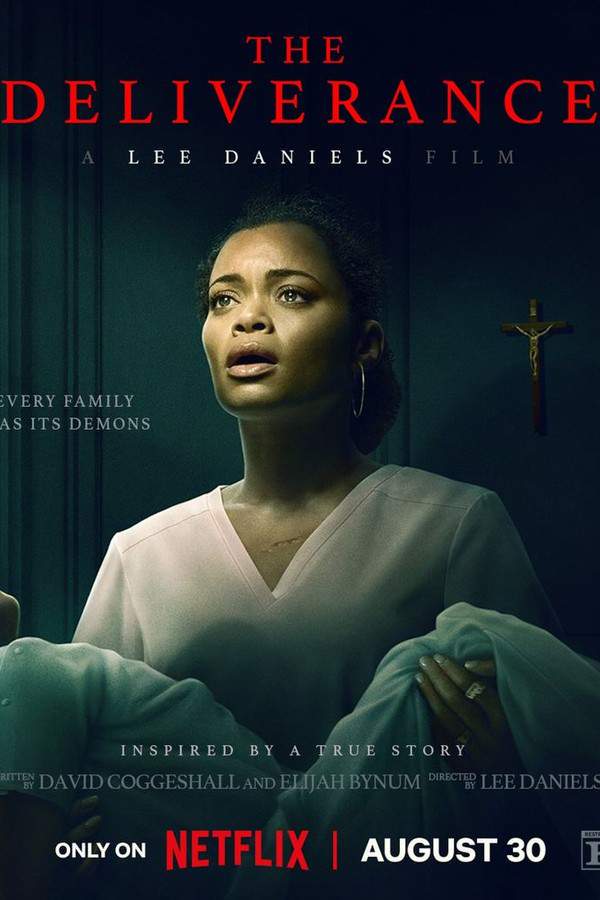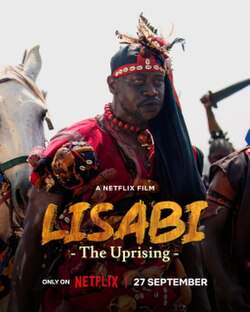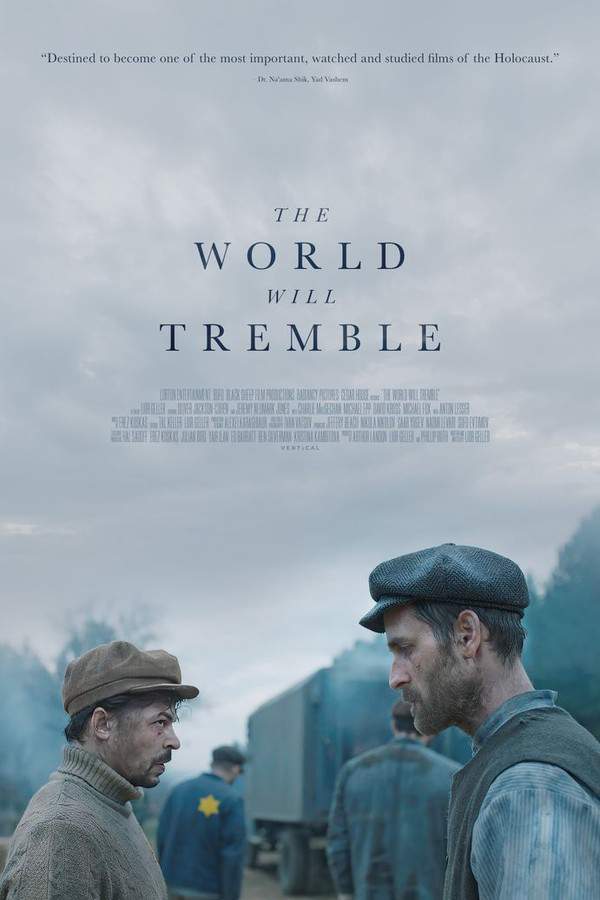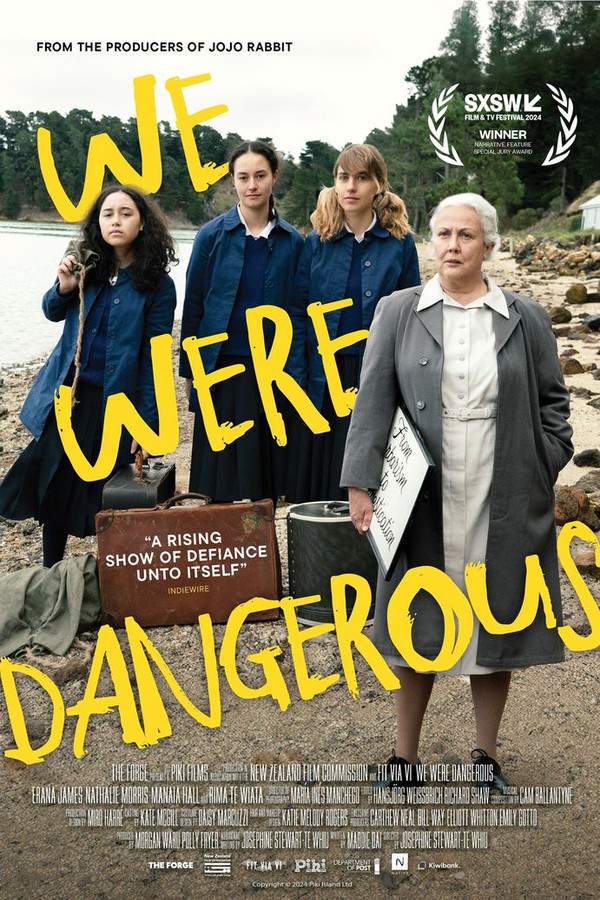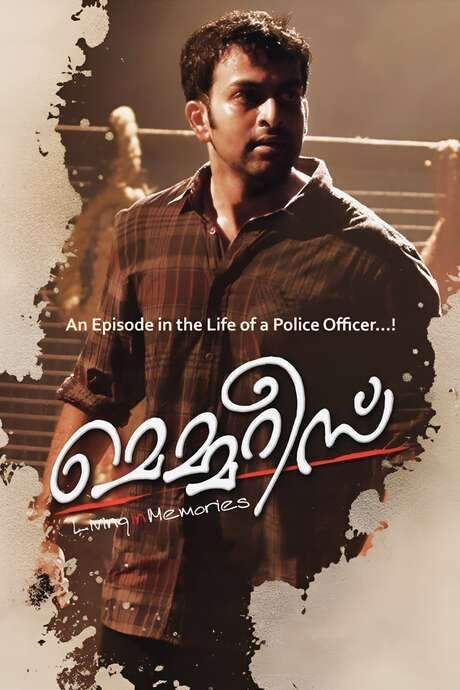
King of Kings
Year: 1961
Runtime: 171 mins
Language: English
Director: Nicholas Ray
Exploring the timeless conflict between good and evil, love and hate, peace and war, the film asks who Jesus was and why his presence reshapes every life he touches. He is revered and condemned, copied and blamed, cherished, betrayed, and ultimately crucified—yet his fate marks only the beginning of a larger story.
Warning: spoilers below!
Haven’t seen King of Kings yet? This summary contains major spoilers. Bookmark the page, watch the movie, and come back for the full breakdown. If you're ready, scroll on and relive the story!
Timeline & Setting – King of Kings (1961)
Explore the full timeline and setting of King of Kings (1961). Follow every major event in chronological order and see how the environment shapes the story, characters, and dramatic tension.
Last Updated: October 04, 2025 at 14:28
Main Characters – King of Kings (1961)
Meet the key characters of King of Kings (1961), with detailed profiles, motivations, and roles in the plot. Understand their emotional journeys and what they reveal about the film’s deeper themes.
Last Updated: October 04, 2025 at 14:28
Major Themes – King of Kings (1961)
Explore the central themes of King of Kings (1961), from psychological, social, and emotional dimensions to philosophical messages. Understand what the film is really saying beneath the surface.
Last Updated: October 04, 2025 at 14:28
Explore Movie Threads
Discover curated groups of movies connected by mood, themes, and story style. Browse collections built around emotion, atmosphere, and narrative focus to easily find films that match what you feel like watching right now.
Epic Spiritual Dramas like King of Kings
Grand, solemn stories about figures whose faith reshapes the world.For viewers seeking movies like King of Kings, this collection features grand historical and religious epics. These films share a focus on faith-based stories with heavy emotional weight, depicting spiritual journeys against backdrops of political turmoil, offering a similar solemn and profound viewing experience.
Narrative Summary
These films typically follow a linear or biographic structure, charting the journey of a central prophetic or messianic figure. The narrative often involves a rise in influence, confrontation with established powers, betrayal, and a sacrificial climax that ultimately leads to a legacy of hope or resurrection, balancing dark tragedy with spiritual light.
Why These Movies?
Movies in this thread share a specific combination of epic scale, solemn mood, and deep exploration of faith and sacrifice. They are grouped by their high emotional weight, steady pacing that allows for reflection, and a tone that manages to be both dark in its depiction of suffering and ultimately hopeful in its spiritual resolution.
Dark Historical Stories with Hopeful Endings like King of Kings
Stories where profound suffering is ultimately redeemed by a hopeful conclusion.If you liked the way King of Kings balances its dark themes with a hopeful resolution, explore these films. This thread features movies that navigate through tragedy and oppression but culminate in a redemptive or hopeful conclusion, similar to the journey from crucifixion to resurrection.
Narrative Summary
The narrative pattern involves placing characters in a world of intense conflict and suffering, often facing insurmountable odds. The central journey is one of endurance through tragedy, where the climax involves a great sacrifice or loss, but the denouement pivots to focus on the legacy, rebirth, or moral victory that emerges from the darkness, providing a powerful emotional counterpoint.
Why These Movies?
These films are grouped by their unique emotional arc: they sustain a high level of intensity and a dark tone through most of the runtime, yet their defining feature is a decisive shift to a hopeful or happy ending. This creates a specific, resonant experience of catharsis that distinguishes them from purely bleak tragedies.
Unlock the Full Story of King of Kings
Don't stop at just watching — explore King of Kings in full detail. From the complete plot summary and scene-by-scene timeline to character breakdowns, thematic analysis, and a deep dive into the ending — every page helps you truly understand what King of Kings is all about. Plus, discover what's next after the movie.
King of Kings Summary
Read a complete plot summary of King of Kings, including all key story points, character arcs, and turning points. This in-depth recap is ideal for understanding the narrative structure or reviewing what happened in the movie.

King of Kings Timeline
Track the full timeline of King of Kings with every major event arranged chronologically. Perfect for decoding non-linear storytelling, flashbacks, or parallel narratives with a clear scene-by-scene breakdown.

King of Kings Spoiler-Free Summary
Get a quick, spoiler-free overview of King of Kings that covers the main plot points and key details without revealing any major twists or spoilers. Perfect for those who want to know what to expect before diving in.

More About King of Kings
Visit What's After the Movie to explore more about King of Kings: box office results, cast and crew info, production details, post-credit scenes, and external links — all in one place for movie fans and researchers.


